There are many commercially available medications to treat and prevent fleas, but some cat parents rely on natural flea treatments for cats to avoid potential side effects and over-medication.
You must consult with your veterinarian to come up with a solution to fight fleas that works for you and your feline family. Do not switch treatments — and definitely do not stop treatment altogether — without talking to a professional who knows your cat’s individual needs.
Here are ten natural flea treatments and repellents that many cat lovers have found success with.
What other solutions do you have for getting rid of fleas? Have you tried any of these methods? Let us know in the comments below!
Related Articles:
Natural Flea Treatments And Repellents For Cats
-
Apple Cider Vinegar
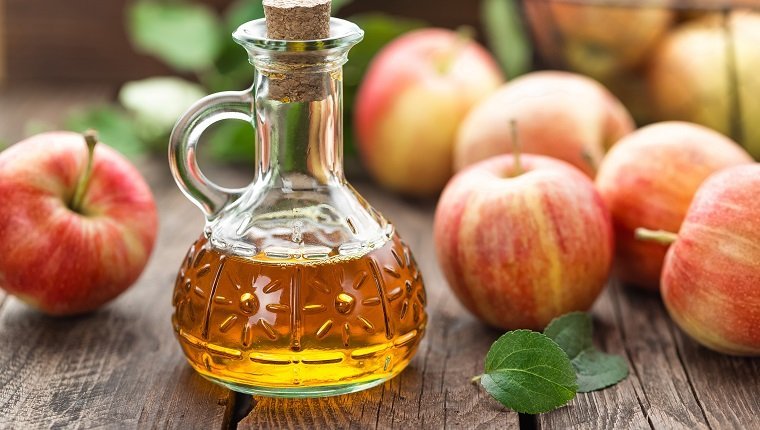
(Picture Credit: YelenaYemchuk/Getty Images)
Apple cider vinegar has many uses and is effective for removing allergens and yeast that can cause itching and rashes.
As a flea treatment, it isn't likely to kill fleas, but it will make them jump off of your pet. It should not be used on open wounds.
A diluted mixture of two parts apple cider vinegar, one part water can be put in a spray bottle, or you can dip a comb in it and brush the fleas out.
-
Cedar Chips
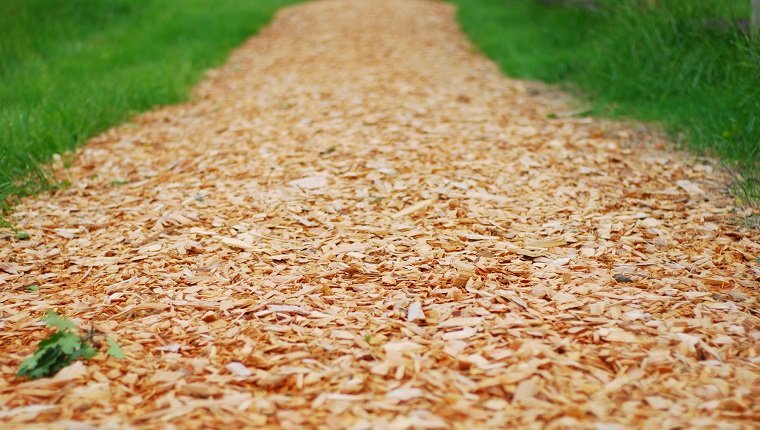
(Picture Credit: MarkJPEG/Getty Images)
There are certain scents that fleas hate, and cedar is one of them. You can place cedar chips around your cat's bedding, but be aware that some cats also hate the smell of cedar.
You can also place cedar chips outside your home in gardens to keep fleas at bay.
Some advise using a bandanna dabbed with a drop of cedarwood oil mixed with a drop of alcohol to create a natural flea collar.
-
Rosemary

(Picture Credit: Adam Drobiec / EyeEm/Getty Images)
Fleas hate rosemary. You can grind the leaves into a powder and sprinkle it around areas where your cat sleeps and plays to help keep fleas away.
It can also be used as a wash that will provide itch relief if you boil the leaves in water, allow the mixture to cool, and let your cat soak it in. It has anti-inflammatory properties that should soothe the itch.
-
Aloe Vera Juice

(Picture Credit: Junji Futashima / EyeEm/Getty Images)
Aloe vera juice is a natural flea repellent, and some mix it with cayenne pepper to create a spray that can be applied to your cat's coat. Obviously, avoid getting it in your cat's eyes.
Aloe vera also has a cooling effect that can soothe hot spots and alleviate itching.
Be aware that parts of the aloe plant are toxic to cats, though the gel is generally not. The white sap, known as the latex of the plant, is dangerous for cats to ingest.
If you grow your own aloe plants, keep them out of your cat's reach. If you're concerned that aloe might be dangerous for your cat, you may wish to try the other solutions for fleas on this list, instead.
Again, always talk to your vet before giving your cat flea treatments.
-
Lemon Spray
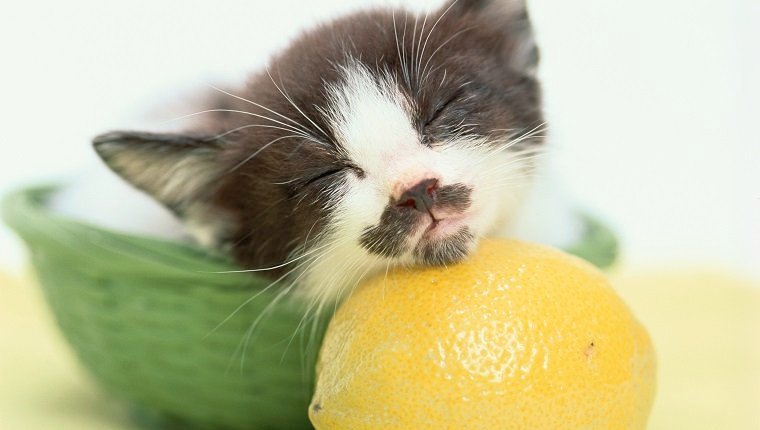
(Picture Credit: Getty Images)
Citric acid is a natural flea killer, and lemons are full of it.
To create a spray that will work on even sensitive skin, boil a cut lemon in water and let it soak overnight. You can then apply the mixture to your cat's coat with a spray bottle, but avoid getting it in your cat's eyes and don't use it on open wounds or scratches.
A cup of lemon juice can also be used in the laundry machine when you wash your cat's bedding to kill any fleas or flea eggs that are still left over.
-
Lavender
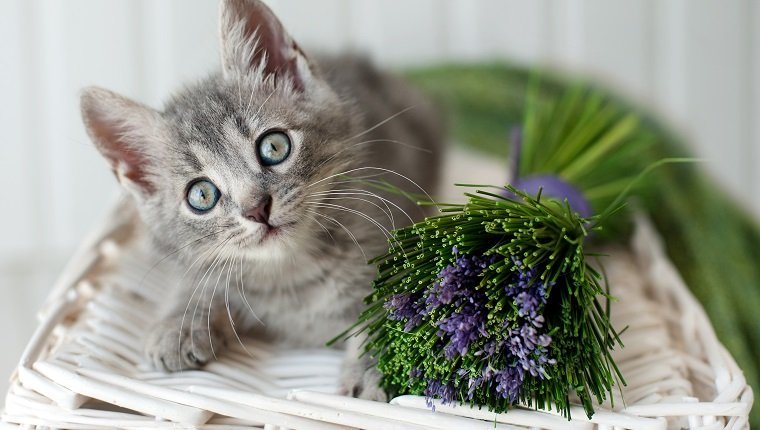
(Picture Credit: tonichek/Getty Images)
Lavender smells good to most humans, but it smells terrible to fleas. You can grow it in your garden to keep fleas away, or you can make it into a spray for your cat to naturally repel fleas. Soak it in water over night, strain it, and use the liquid in a spray bottle. Avoid the eyes, nose, and mouth.
You can also dip a comb in the mixture and comb the fleas away.
Stick to lavender from the actual plant. Lavender essential oils can be toxic to cats, as they are very highly concentrated.
-
Eucalyptus
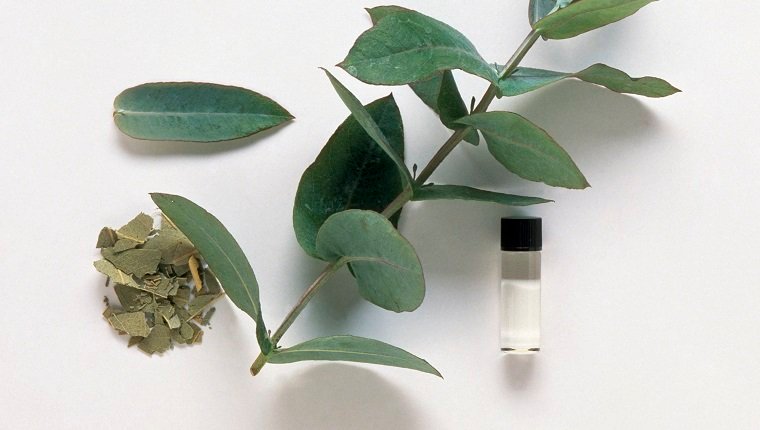
(Picture Credit: Getty Images)
The use of eucalyptus as a flea repellent is controversial, as it may be toxic for cats, and some cats may be allergic. It does, however, repel fleas.
It's best to keep eucalyptus in a jar out of your cat's reach and allow the scent to waft around the house. You can even put a lid with holes on it to prevent your cat from reaching the leaves while still allowing the smell to escape. Many cats hate the smell anyway and won't go near it.
If you live in certain areas like Australia or California, you can grow eucalyptus in your backyard. Just make sure your cat does not have access to the eucalyptus plants if they're allowed to wander outside.
-
Salt
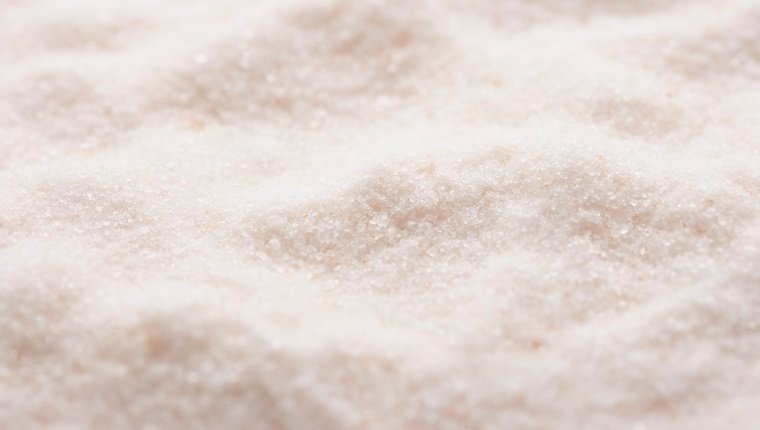
(Picture Credit: Lew Robertson/Getty Images)
Finely ground salt can dehydrate fleas' bodies and kill them. It's effective for killing any fleas and eggs that are left in carpet.
Spread it over your carpet and brush it in. Allow it to sit for up to two days. Do not let it sit for long if you live in a hot or humid area, or your carpet will be wet and musty.
You can also use salt water to clean hard surfaces or mix it in with household cleaners.
-
Diatomaceous Earth
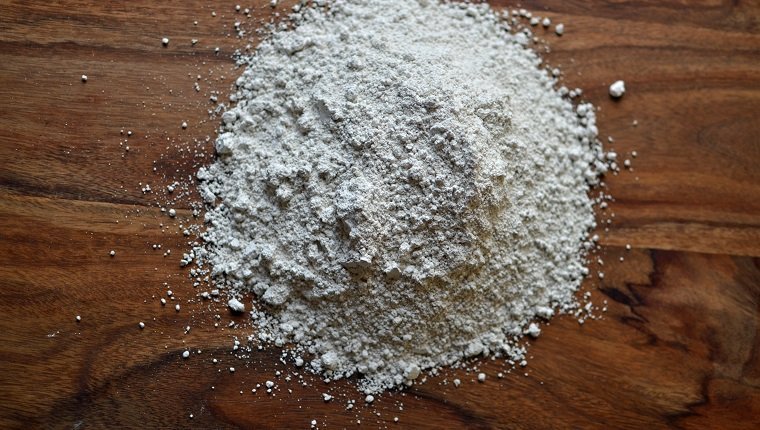
(Picture Credit: Spitfire1973/Getty Images)
Diatomaceous earth is a natural rock formed by fossilized algae. You should use food grade diatomaceous earth, as it's safe for humans and pets, even when breathed in.
For bugs, however, it wreaks havoc. It's abrasive to their exoskeletons and dehydrates them. Fleas do not develop an immunity or tolerance to it.
Diatomaceous earth can be used outdoors or indoors on dry surfaces. It should be spread in a fine, even coat and can be vacuumed up after two to three days.
Do not use it directly on your cat, as it can dry out skin.
-
Vacuum, Wash, & Do Laundry
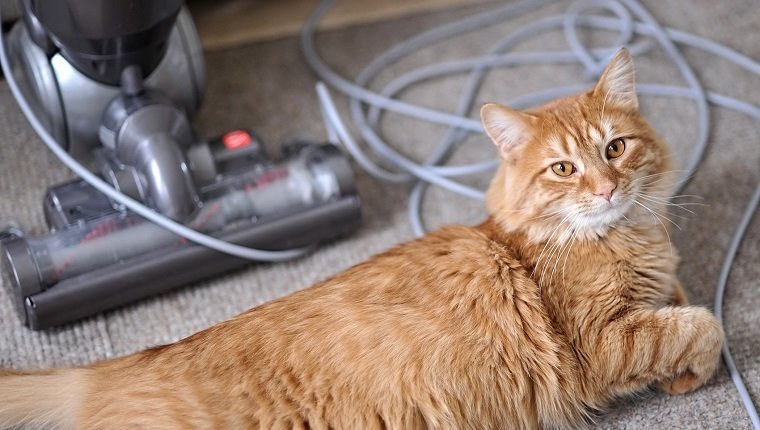
(Picture Credit: JudsonAbts/Getty Images)
Fleas lay eggs everywhere. One of the most necessary ways of fighting them is to wash thoroughly.
You'll need to vacuum weekly and dispose of the bag outdoors. This will help break up the flea life cycle, and when used in conjunction with diatomaceous earth and salt, it can be effective.
Wash every surface and all furniture weekly, as well. Launder your cat's bedding just as frequently. You can use lemon juice, vinegar, or normal laundry detergent with hot water. Fleas lay eggs deep, so it may take a long time to completely be rid of them.






